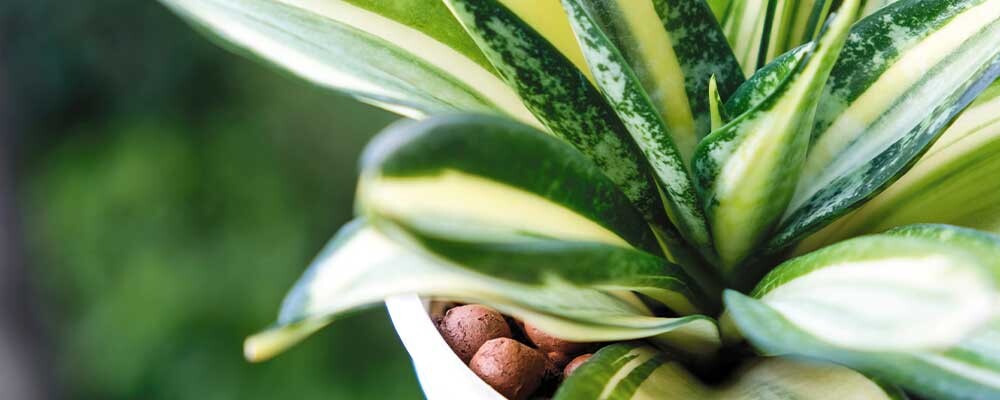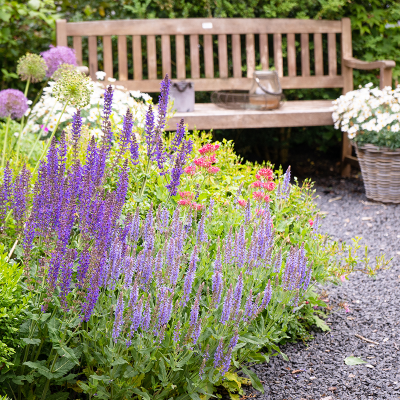Pre-Spring Preparation
Clearing debris: As winter fades away, we focus on clearing any debris that may have accumulated over the colder months, such as fallen branches, leaves, and other organic matter. This helps prepare the landscape for new growth.
Soil Preparation: We prepare the soil beds with compost and mulch application to help promote healthy plant growth as spring approaches. We can also offer an assessment of the condition of the soil to determine its nutrient levels and PH balance and we may recommend soil amendments.
Pruning: We provide a complete pruning service that is carried out by horticultural professionals. Pruning dormant plants before they start actively growing ensures proper shape and encourages vigorous growth once spring arrives.
Early Spring Maintenance
Planting: Spring is an ideal time for planting new trees, shrubs, and flowers. We carefully select species that are well-suited to the local setting and soil conditions.
Early Summer Care
Taming Nature's Intruders: We provide ongoing maintenance to tackle invasive weeds to help preserve the integrity and beauty of your landscape.
Mulching: Essential for retaining soil moisture and suppressing weeds during summer. As part of our maintenance plan, we'll apply or top-up mulch dressing to plants and borders.
Pest and disease management: We look for signs of pests and diseases and take proactive measures to mitigate any issues that may arise, and we will recommend the measures necessary to mitigate them.


Special Considerations for Weather Changes
Extreme Temperatures:
- Install a water butt to capture rainwater for later use. This helps conserve water and reduces dependency on mains water during dry spells.
- Mulch early in the season to retain moisture in the soil, reducing the need for frequent watering.
- Reuse wastewater whenever possible, such as leftover water from washing up, to nourish your plants and reduce water wastage.
Drought Conditions:
- Choose drought-tolerant plants for your garden, as they require less water and are better adapted to survive in dry conditions.
- Use soil conditioners such as organic mulches and compost that improve water retention, such as organic matter or compost, to help soil retain moisture for longer periods.
- Consider installing an irrigation system tailored to your garden's needs.
Regular Maintenance:
- Regular garden maintenance is crucial for keeping soil and plants healthy and resilient against changing weather conditions.
- Prune plants regularly to encourage healthy growth and improve air circulation.
- Weed regularly to prevent competition for water and nutrients.
- Monitor soil moisture levels and adjust watering schedules accordingly.
By implementing these tips and staying proactive in your garden maintenance routine, you can better prepare your landscape to withstand extreme weather conditions and ensure its long-term health and vitality.


Get Expert Support
By partnering with Longstock Park Landscapes you can ensure that your landscape thrives throughout the seasons. Our experienced team of professionals is equipped to handle all of your landscaping needs, regardless of the weather. Contact us today to schedule a consultation and learn more about how we can help you create a beautiful and healthy outdoor space.


